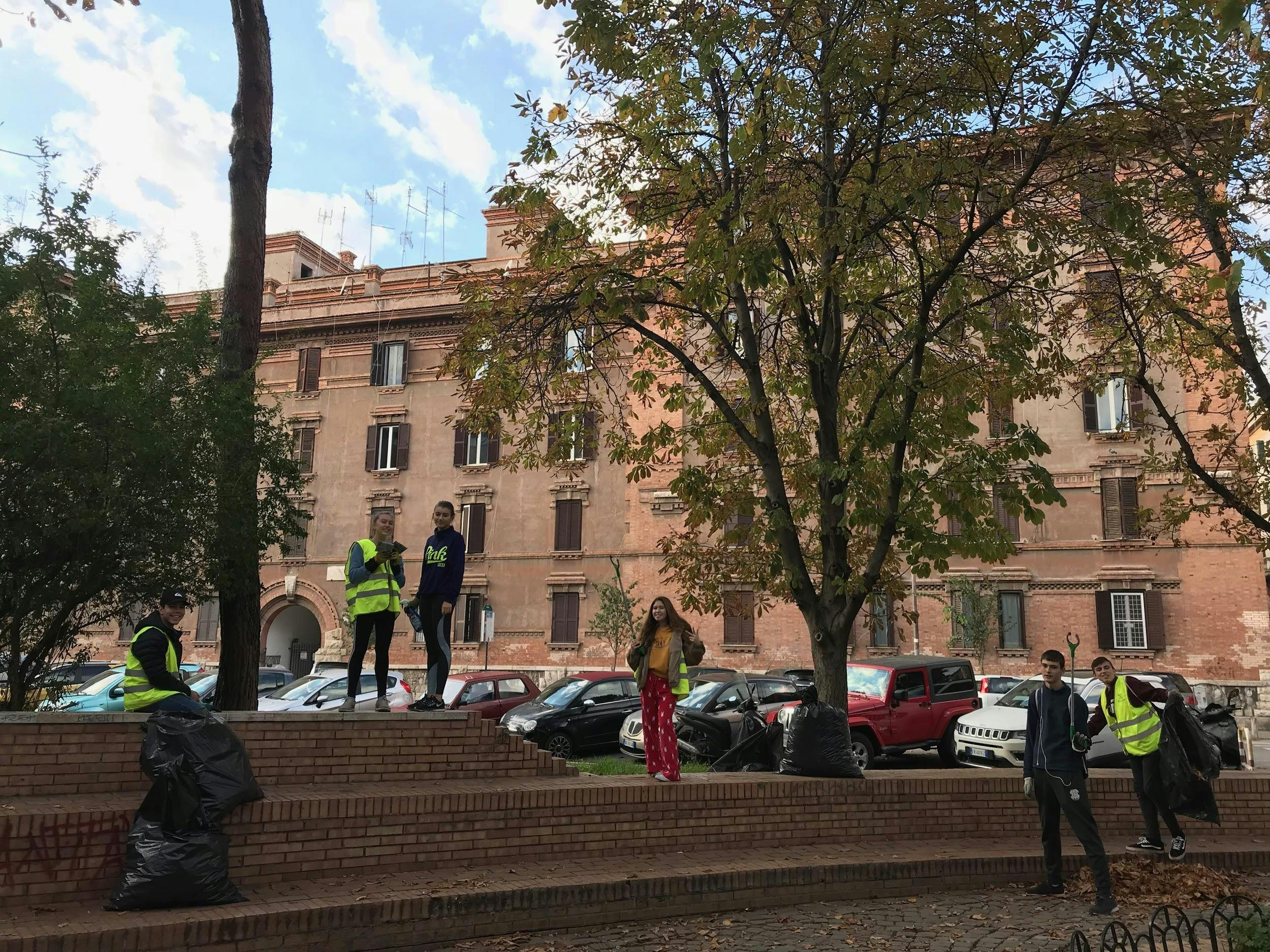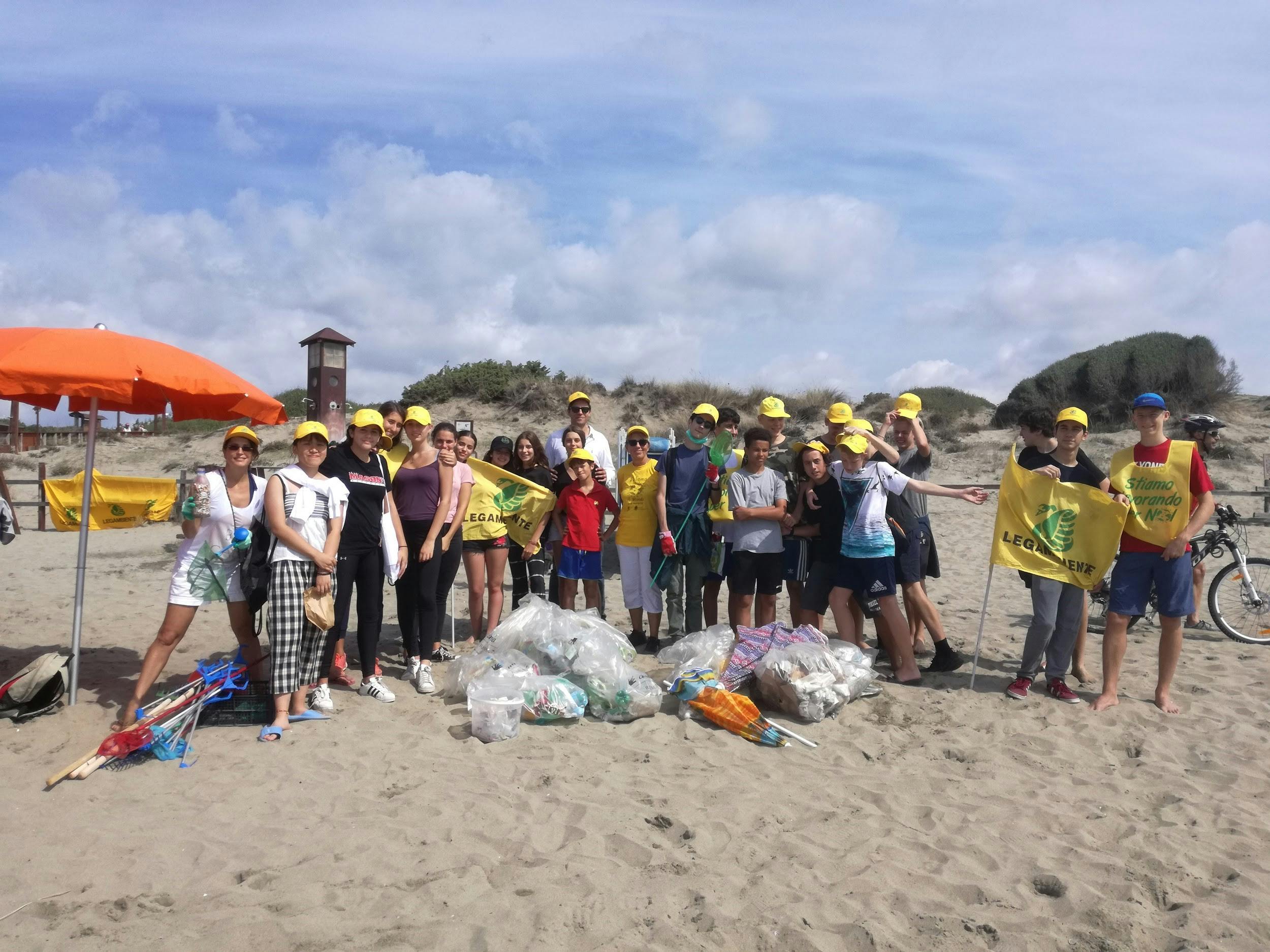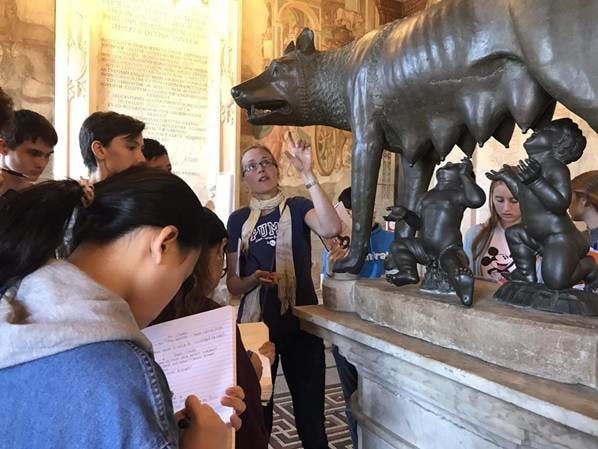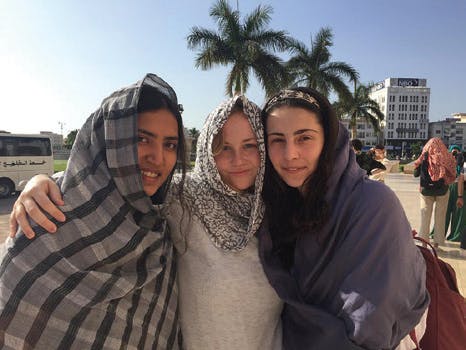
The Role of Service-Learning in Interdisciplinary Education
Most high schools require students to complete a specific number of community service hours in order to graduate. As part of the International Baccalaureate (IB) diploma, students must complete 150 CAS (Community, Activity, Service) hours of which 50 are dedicated to community service. The term ‘service-learning’ is relatively new. In recent years, many high schools and universities have shifted their focus from ‘community service’ to a more holistic concept of service known as ‘service learning.’ As St. Stephen’s School CAS Director Elizabeth Johnson explains, “our students in the 9/10 grades begin with our 'service-learning program.' We use the term 'service-learning' instead of simply calling it 'community service' because 'service-learning' is when learning is the primary goal and the service, secondary. Students are the ones who come up with the service projects and activities, generate ideas, get others to get on board, and then the hope is that they reflect back on their events and activities and figure out how to improve it the next time. This reflection allows for personal growth as a learner and an individual. The IB CAS program [which students begin in 11th grade] is, therefore, an extension of our service-learning program. Students drive the program, plan events, inspire others, create community, and serve others, as well as the environment.'” Service-learning goes beyond simply providing a service for a community; in a service-learning program, students actively design, carry out and reflect on their service activities. Students who participate in service-learning not only aid communities in need, they also grow as individuals.
Through service-learning activities, students apply knowledge and skills learned in the classroom to real-world problems. At. Stephen’s, the school garden is one area where students have this opportunity. According to Jan Claus Di-Blasio, our Head of Gardens & Sustainability, “we integrate the gardens, environment and outdoor component to the range of activities on offer because we strongly believe in educating our students and community about our impact on the environment, our role on the planet and how we, as a school, can lead by example in our quest for sustainability. Our gardens are a microcosm of the planet, where we can learn about nature's cycles, food production and the delicate balance between human activities and nature's cycles. Our environmental activities are a way of giving something back to our community, of re-taking and caring for our city's natural and cultural heritage and our outdoor activities (both on trips and during our weekend sessions) are an opportunity to celebrate and appreciate the wild outdoors right by our doorstep.” Through participation in after school and weekend gardening activities, students learn how to cultivate a variety of fruits and vegetables, many of which are harvested and served in the school dining hall, providing student gardeners with the opportunity to share the fruits of their service-learning experience with the greater school community.
St. Stephen’s’ Peer Mentors group is another such example of a service-learning activity which impacts both the greater school community and the student mentors themselves. In the words of Peer Mentors supervisor Abby Ross, “this select group of students learns how to help their peers with socio-emotional issues and act as student leaders throughout the year. The hope is that these students exercise these skills in their personal lives and, furthermore, that they go on to be mentors and leaders in their lives after high school.” Peer mentors develop skills in leadership and counseling that not only benefit their mentees, but they also equip the peer mentors themselves with greater self-discipline and well developed coping skills.
Through their service-learning experiences, students gain more than practical competencies; they reap mental health benefits as well. The London School of Economics found that people who volunteer monthly are 7% more likely to describe themselves as “very happy” and those who volunteer every week were 16% more likely to describe themselves this way. When we engage in acts of service, we focus our energy on identifying and responding to the needs of others and, as a result, we learn empathy and feel more socially connected.
Service-learning goes beyond the application of academic studies to work in the wider community. Through activities such as working in the school garden or volunteering as a peer mentor, students play an active role in their education and develop skills such as civic responsibility, self-awareness, conflict resolution, and compassion. These capabilities would be difficult if not possible to teach in a classroom setting.
A graduate of Washington University in St. Louis, Natalie Edwards double majored in Art History and Archaeology and Economics. Natalie attended St. Stephen's as a boarder in 11th grade, and later returned to Bologna for a semester abroad during university. Natalie is fluent in Italian and is currently a Residential Assistant in the St. Stephen's Boarding Department and a Communications Office Assistant.










